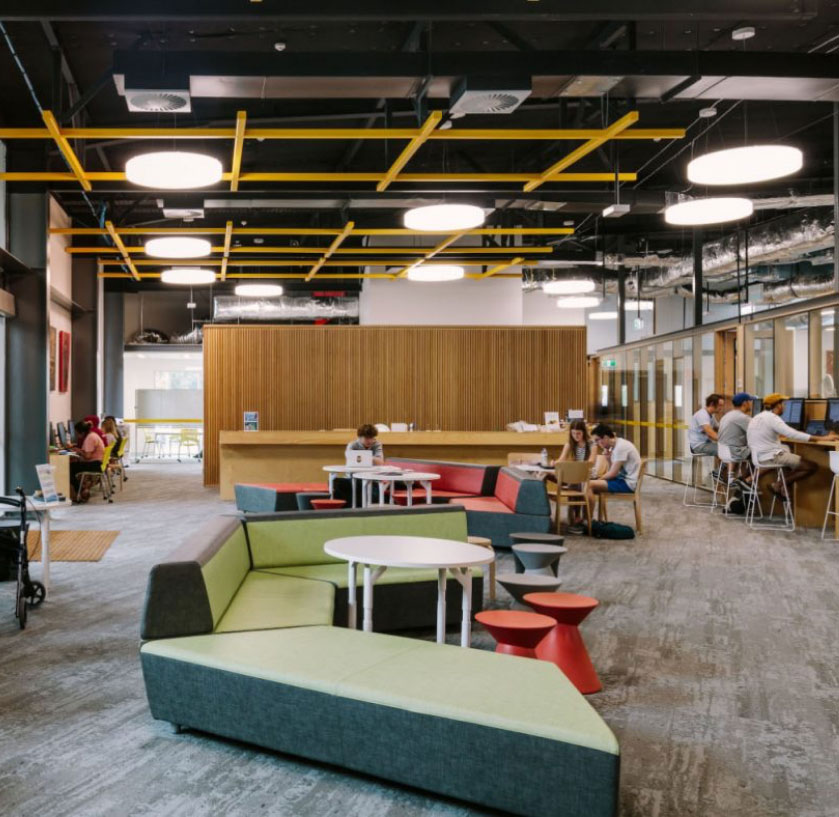May 6, 2020
Don’t let university research be another victim of COVID
University researchers are playing a major role in Australia’s COVID-19 recovery.
Several Australian universities are working overtime to find a vaccine for coronavirus, including three IRU members. This will take time, but a vaccine is the only lasting solution to the virus.
Other universities have already begun studies into the wider social effects of the pandemic, such as the causes of panic buying, the impact of social isolation on mental health and changes in alcohol consumption during the lockdown.
Some researchers have taken a more literal hands-on approach, such as the medical scientists at Charles Darwin University’s Menzies School of Health Research who are working extra hours at Royal Darwin Hospital throughout the pandemic.
The immediate job of these experts is to help get us through the pandemic. But with universities facing a major reduction in revenue in 2020, the longer-term future of Australian research appears less certain.
The Australian Government has guaranteed that its teaching and research grants will continue to flow to universities in 2020, but other sources of research funding are falling away.
Firstly, there is the downturn in student fees. Students help fund research through their courses, since research underpins the education they receive, but the current border closure (which the IRU supports) has led to the collapse of the international student market in Australia. Fewer students means less money invested in research.
Secondly, universities have also suffered a big hit to their commercial revenue, with campus car parks virtually empty, retail outlets closed and student accommodation eerily vacant.
Thirdly, there is uncertainty about the future of third-party research funding. State Governments and businesses invest over $2.5 billion a year in research on issues important to them, far more than the Australian Research Council and the National Health and Medical Research Council. They will be under great pressure to pull back new investments as a result of the COVID-19 downturn.
If research funding falls, the consequences will be felt well beyond individual institutions.
Australia produces 4% of world research, an impressive feat for a country that generates 1% of world GDP and is home to just 0.3% of the global population. The quality of that research is also high by global standards, with Australian researchers cited 50% more often than the world average, the best rate of any large country. Australia is a global research superpower, but only as long as our research is properly funded.
More importantly, research is integral to human knowledge, informing successive generations of students in Australia and across the world. If we can no longer afford to do the research, we can no longer generate that knowledge.
So, what can be done to shore up research funding for universities?
The IRU is calling on the Government to implement a research investment package across 2020 and 2021 to ensure researchers can continue doing their important work. As well as working directly with universities to keep researchers in jobs, the Government should provide new incentives for businesses to invest in research and development, a win-win for industry and the higher education sector.
We are also urging state governments to resist any pressure to wind back their research post-COVID. Instead, they should take this opportunity to invest in research issues of importance to their own states and territories – including research projects that will support the recovery from COVID-19.
Lastly, Australia also needs to renew its appeal to international students. When global borders re-open, international students will once again be considering where to invest their time and money. Australia must put away the “go home” placards and instead lay out the welcome mat.
Research is not only the basis for our entire education system; it is also the driver of our economy and the solution to every medical and scientific question ever asked. If we allow research funding to fall, not only will jobs be put at risk, but also the knowledge those jobs generate. And as the coronavirus crisis has shown, you never know when that knowledge may come in handy.
Conor King
6 May 2020







